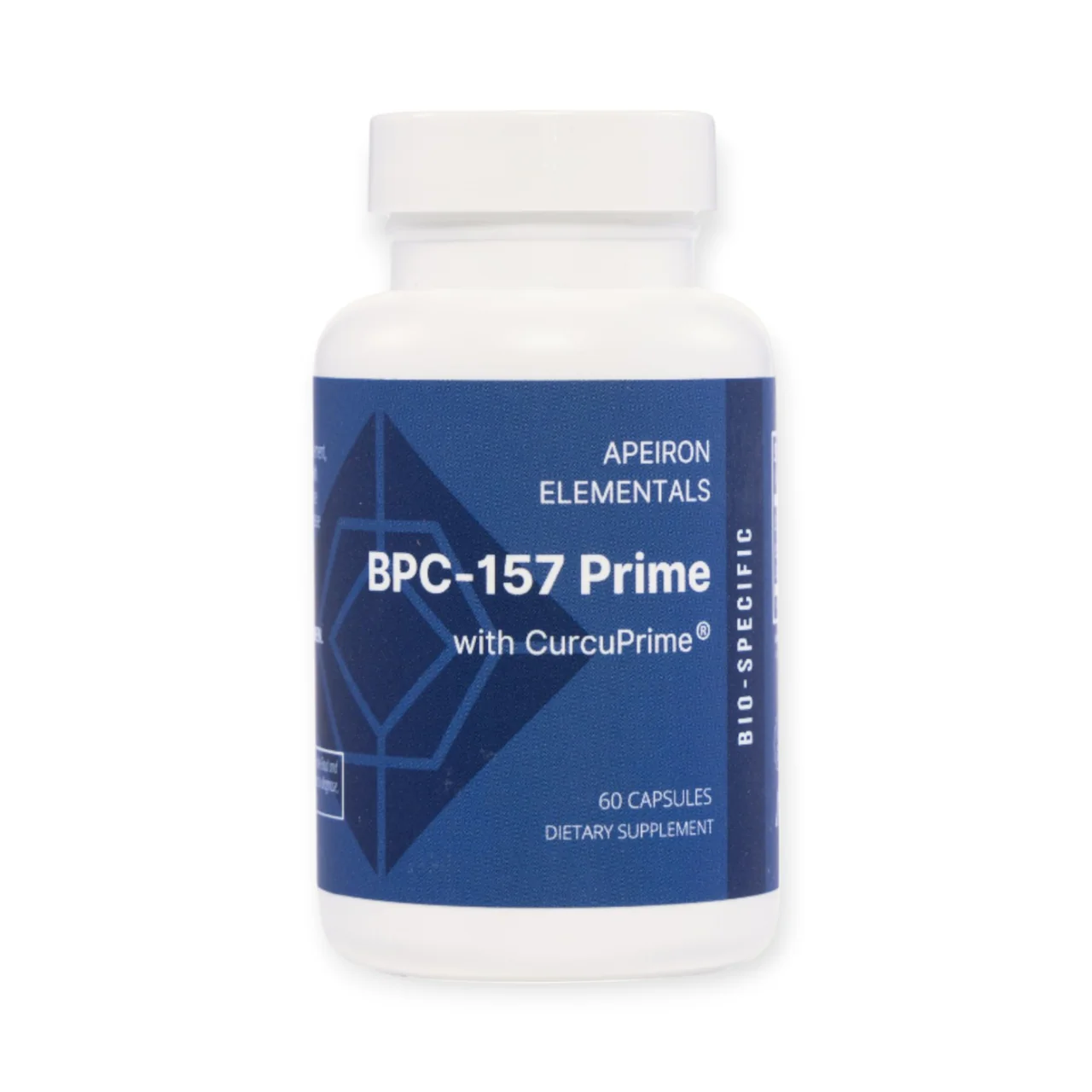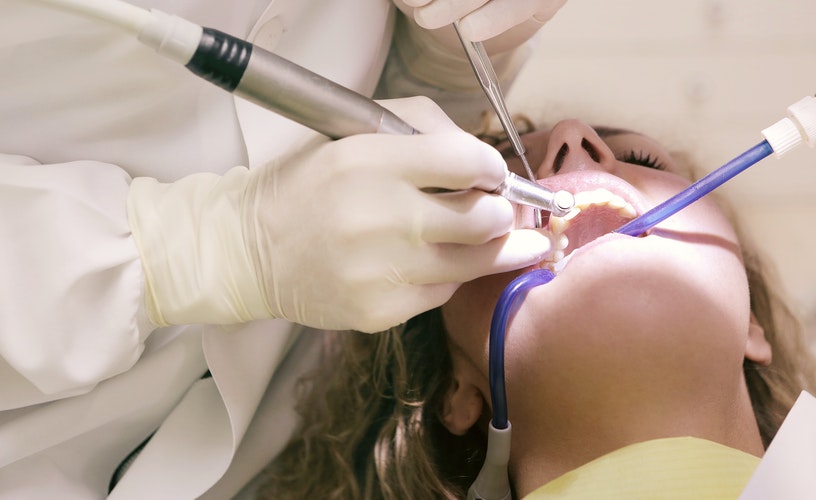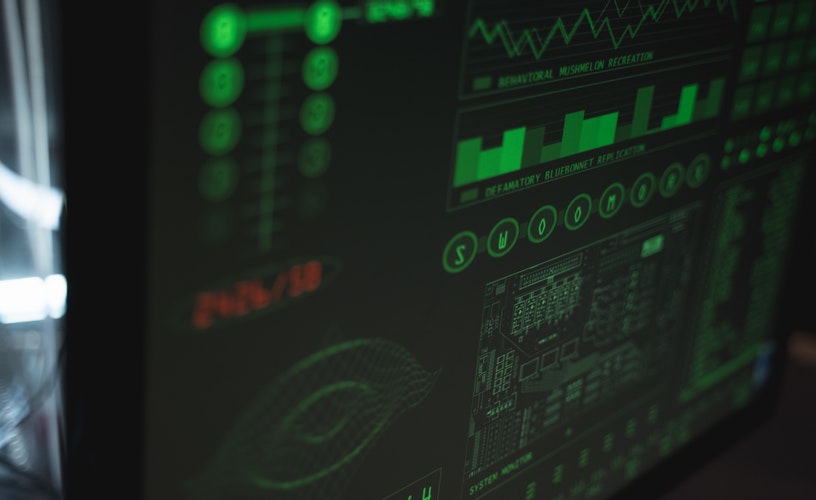Unlocking the Power of BPC 157 for Gastrointestinal Health and Gut Healing
In the realm of modern health and wellness, peptides have increasingly taken center stage for their potential therapeutic benefits. Among these, BPC 157 gastrointestinal health has emerged as a prominent area of interest for researchers and patients alike. Derived from a protein found in the stomach, BPC 157, also known as Body Protection Compound-157, has shown exceptional promise in promoting digestive health, repairing damaged tissues, and accelerating healing processes within the gastrointestinal system.
Understanding how BPC 157 works, its benefits, and its role in maintaining gut integrity can open the door to new approaches for treating a wide range of digestive issues. This article explores the science behind BPC 157 gut healing, highlights its potential advantages, and provides insights on how this compound can be incorporated into a wellness routine.
What is BPC 157?
BPC 157 is a synthetic peptide composed of 15 amino acids. It is a fragment of a protein that is naturally found in the gastric juices of the human body. This compound has gained attention due to its regenerative and anti-inflammatory properties. What sets BPC 157 apart is its remarkable ability to facilitate tissue repair, particularly within the gastrointestinal tract. As a result, its use in supporting BPC 157 gastrointestinal health has been steadily growing among holistic health practitioners and clinical researchers.
Unlike traditional medications that may focus solely on symptom suppression, BPC 157 targets the root cause of tissue damage and inflammation. It aids the body’s natural healing mechanisms, especially in the stomach, intestines, and even the esophagus, making it a highly valuable option for gut-related concerns.
How BPC 157 Supports Gastrointestinal Health
One of the most profound benefits of BPC 157 is its positive influence on BPC 157 gastrointestinal health. Individuals suffering from conditions such as ulcers, inflammatory bowel disease (IBD), leaky gut syndrome, and gastritis may find relief through this peptide due to its multifaceted approach to healing. Here’s how it contributes to gut health:
- Promotes Mucosal Integrity: BPC 157 plays a role in enhancing the mucosal lining of the stomach and intestines. A strong mucosal barrier is essential in preventing damage from stomach acids, pathogens, and irritants.
- Reduces Inflammation: Chronic inflammation is often at the core of gastrointestinal issues. BPC 157 helps mitigate inflammation, which can alleviate pain and reduce flare-ups associated with diseases like Crohn’s or ulcerative colitis.
- Accelerates Ulcer Healing: Several animal studies have shown that BPC 157 can effectively heal gastric and intestinal ulcers, often outperforming standard medications.
- Supports Vascular Integrity: Proper blood flow is crucial for healing. BPC 157 stimulates angiogenesis (formation of new blood vessels), ensuring damaged tissues receive the oxygen and nutrients they need to regenerate.
BPC 157 and Gut Healing
When discussing BPC 157 gut healing, it’s important to note that healing goes beyond simply masking symptoms. This peptide actively supports cellular repair and regeneration. It enhances the expression of genes involved in growth and healing, while also suppressing those that promote inflammation or tissue degradation.
Those with compromised gut lining—a hallmark of leaky gut syndrome—may especially benefit from BPC 157. By restoring the integrity of the intestinal wall, it helps reduce the translocation of harmful substances into the bloodstream. This can not only improve digestion but also boost immune function and reduce systemic inflammation.
Moreover, many people with gut issues experience secondary problems such as nutrient deficiencies, fatigue, and mood disorders. By improving gut health, BPC 157 indirectly supports these related systems, contributing to overall wellness.
Scientific Evidence and Research
While BPC 157 is not yet FDA-approved for human use, the body of research, primarily in animal models, is compelling. Studies have shown that this peptide can:
- Heal intestinal anastomosis (surgical connections)
- Repair intestinal lesions caused by NSAIDs
- Reduce the severity of colitis and peritonitis
- Improve healing in gastrointestinal fistulas
These promising results indicate that BPC 157 has immense therapeutic potential. Continued clinical trials will help determine its safety profile and efficacy in humans.
Incorporating BPC 157 into Your Wellness Strategy
For those considering BPC 157 gut healing as part of their health regimen, it’s essential to consult with a qualified healthcare provider. As with any supplement or treatment, proper dosing, timing, and method of administration play a significant role in its success. BPC 157 is typically administered via subcutaneous or intramuscular injections, although oral and topical formulations are being explored.
Businesses like atecam recognize the importance of advanced solutions in natural healing and are committed to educating people on the potential of peptides like BPC 157. With access to informed resources and guidance, individuals can take proactive steps toward better digestive health.
Another advantage of working with a wellness provider such as atecam is the holistic approach offered—combining lifestyle modifications, nutritional support, and peptide therapy to achieve optimal results.
Final Thoughts
The growing interest in BPC 157 gastrointestinal health and BPC 157 gut healing reflects a larger shift in healthcare: one that focuses on restoration rather than mere symptom relief. As research continues to uncover the powerful healing effects of this peptide, it may soon become a cornerstone in the treatment of various gastrointestinal disorders.
For now, those seeking to improve their digestive health naturally and effectively have a promising new ally in BPC 157—a compound rooted in nature, supported by science, and increasingly embraced by forward-thinking health practitioners.













